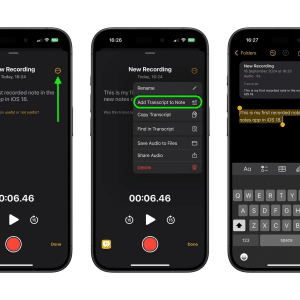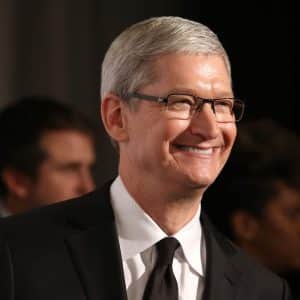NEW YORK — T-Mobile will likely start carrying the iPhone next year after its parent company, Deutsche Telekom, said it has reached a new deal with Apple.
T-Mobile USA had been the lone iPhone-less carrier among the four national wireless companies in the U.S. Although it has been possible to use iPhones on T-Mobile networks, customers had to provide the phones themselves. The phones also work at much slower speeds, though T-Mobile has been reshuffling its network to match or exceed AT&T’s data speeds.

The three larger carriers, AT&T Inc., Verizon Wireless and Sprint Nextel Corp., already sell the iPhone, as do many smaller ones.
Deutsche Telekom AG said Thursday that T-Mobile will add Apple products to its portfolio in the coming year. Although it didn’t mention the iPhone by name in its press release, that’s the product it is most likely referring to. It’s possible T-Mobile will also sell a cellular version of the iPad, as the three national carriers do.
Apple Inc. spokeswoman Natalie Harrison confirmed the agreement but would not comment further. In an email, T-Mobile also wouldn’t mention the iPhone by name, saying only that more details will come “at a later date.”

Having the iPhone would likely win T-Mobile more customers and help it keep up with rivals. But the upfront costs of carrying the device are high for phone companies. That’s because carriers subsidize the iPhone when they sell it to customers, counting on making up the money in service fees over the life of a two-year contract. Last year, U.S. Cellular Corp., the country’s sixth- largest cellphone company, said it turned down an opportunity to carry the iPhone, saying it’s too expensive.
T-Mobile has agreed to combine its cellphone business with MetroPCS Communications Inc. in a deal they signed earlier this fall. The combined company will stay No. 4 among U.S. wireless carriers, though the combination is aimed at letting the two better compete with larger rivals. Deutsche Telekom will hold a 74 percent stake in the combined company. MetroPCS shareholders will own the rest. The deal awaits government clearance.
Associated Press










